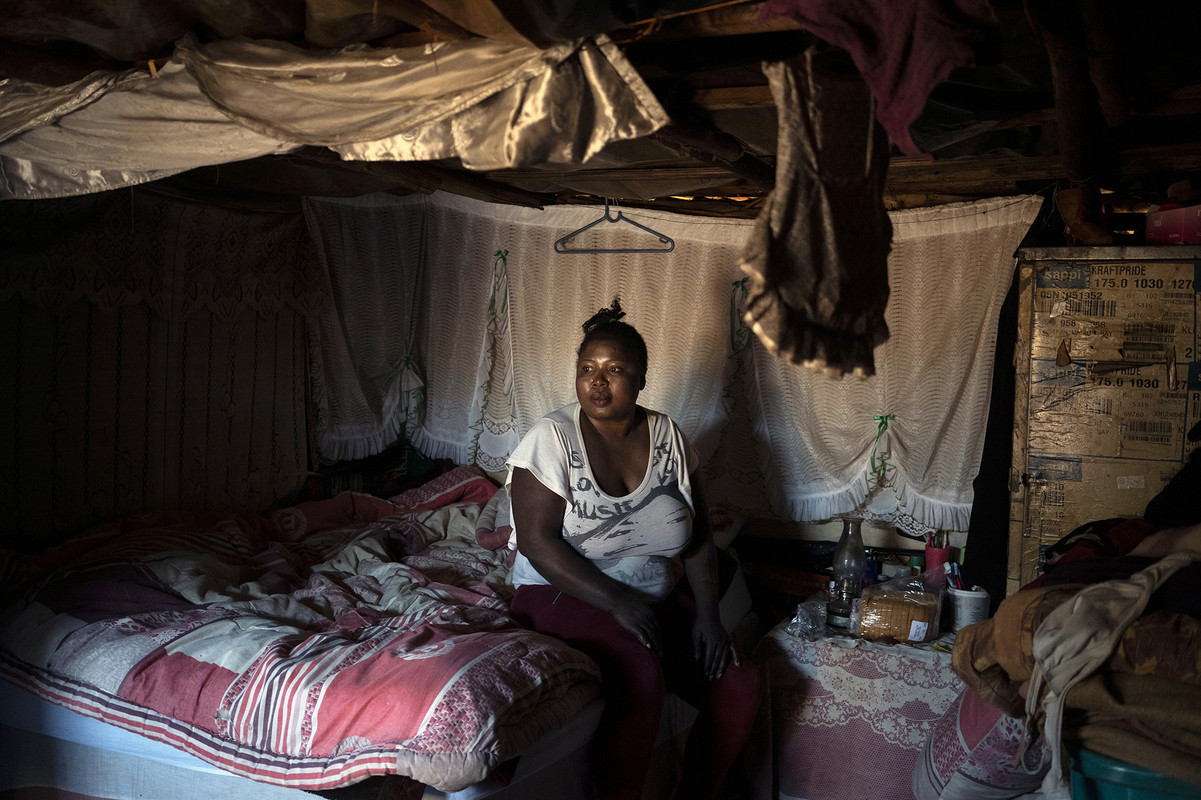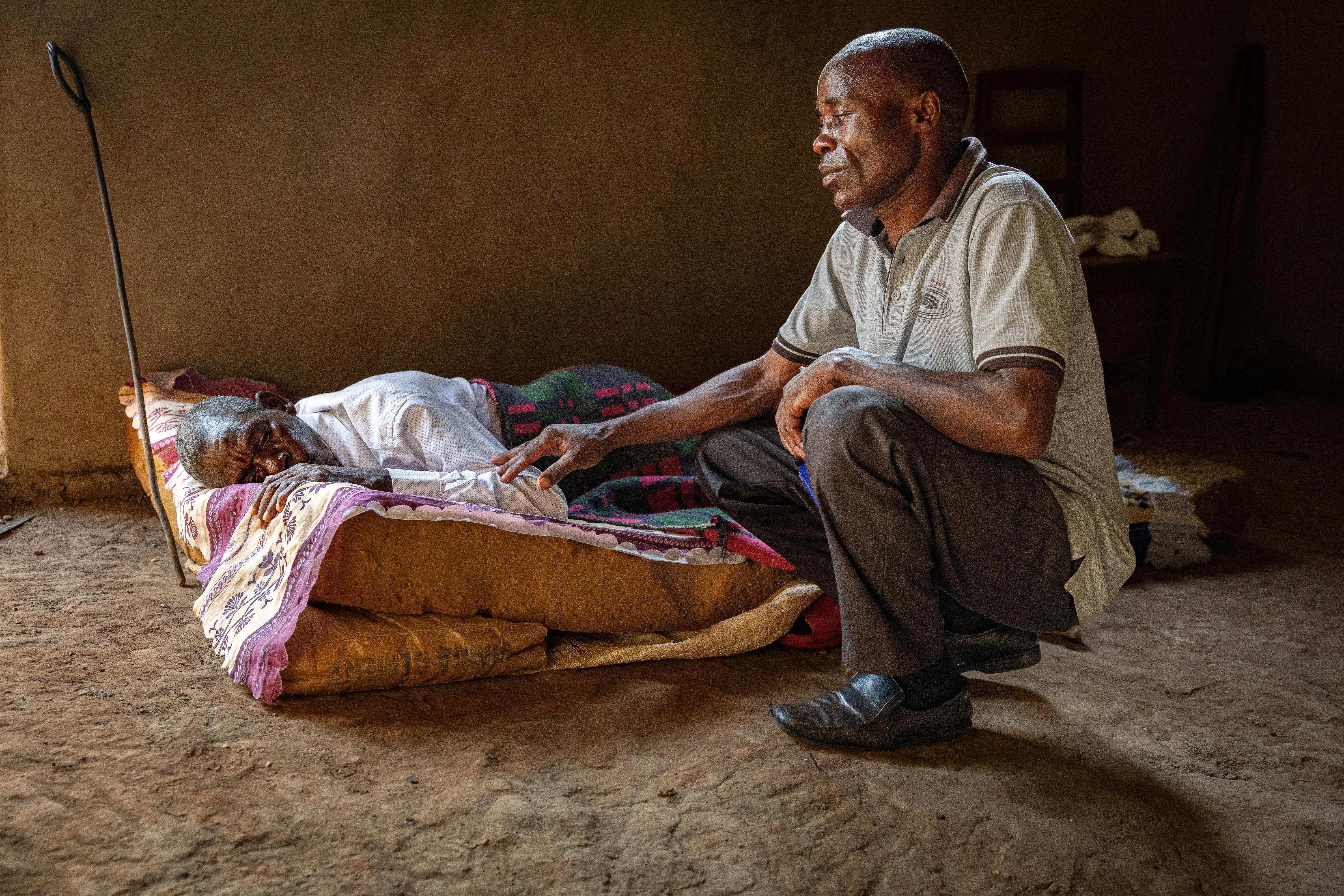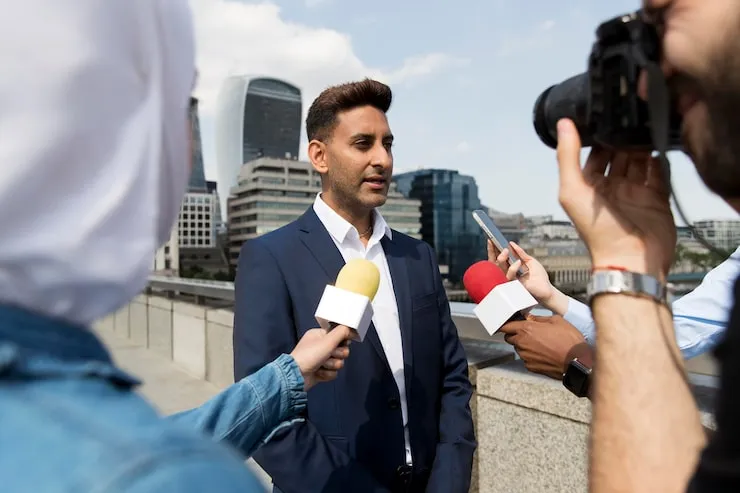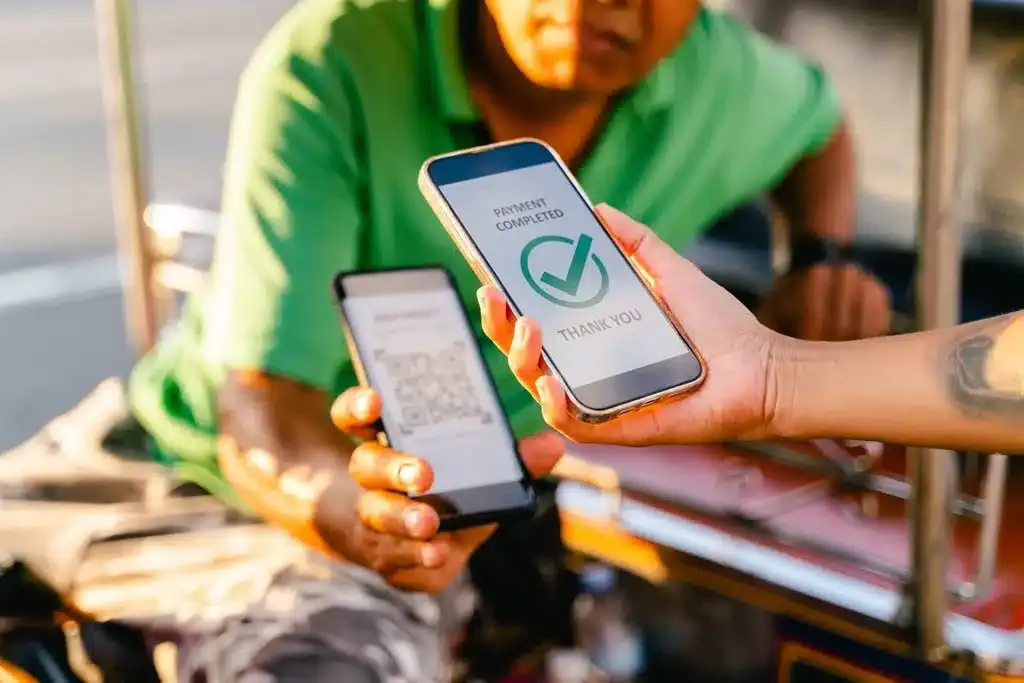In later years, worldwide endeavors to battle the HIV/AIDS plague have been extremely hampered by the expanding criminalisation of high-risk populaces. Instead of bolster, assurance, and wellbeing get to, numerous helpless bunches — counting sex specialists, individuals who infuse drugs, transgender people, and men who have sex with men — are confronting legitimate and systemic discipline. This rising tide of criminalisation is not unjustifiable but too counterproductive, as it fills shame, debilitates testing, and undermines HIV prevention.
The Developing Legitimate Danger to High-Risk HIV Communities
Across numerous districts, laws that specifically or by implication target high-risk HIV bunches are on the rise. Nations are executing or fortifying statutes that criminalize certain behaviors related with HIV transmission or presentation, indeed when no hurt is caused. A few laws indeed criminalize the non-disclosure of HIV status, in spite of solid logical prove that imperceptible = untransmittable (U=U).
According to a 2024 UNAIDS report, over 134 nations still have criminal laws that are connected to individuals living with HIV. In numerous countries, these laws are excessively utilized against sex laborers, LGBTQ+ people, and individuals who utilize drugs — bunches as of now underestimated by society.
The case Consider: Central Asia and Eastern Europe
In Eastern Europe and Central Asia, the HIV rate is rising, and criminalisation is playing a major part. Unforgiving sedate laws and the nonattendance of hurt decrease programs lead to a harmful environment where individuals who infuse drugs are rebuffed or maybe then bolstered. As a result, they are less likely to get to clean needles, HIV testing, or treatment.
Public Well Being vs. Criminal Law: A Contradiction
Criminalisation has appeared to be incongruent with viable open wellbeing arrangement. Or maybe rather than preventing unsafe behavior, it drives it underground. People are anxious to come forward for testing or to uncover their status for fear of lawful consequences.
This fear decreases early location and treatment, which are basic to anticipating HIV transmission. Various ponders have appeared that when individuals know their HIV status and get fitting treatment, the hazard of transmission drops to close zero. Criminal laws weaken this whole system by making the basic act of knowing one's status a legitimate liability.
Impact on Underestimated Communities
Sex Workers
Sex work is criminalized in over 100 nations. Laws regularly target not fair those specifically included in sex work, but too clients and third parties. These lawful structures thrust sex work into risky situations, where arrangement of condom utilize or get to to wellbeing administrations gets to be troublesome or incomprehensible. This definitely increments the chance of HIV transmission.
People Who Utilize Drugs
Harm decrease administrations such as needle-exchange programs and opioid substitution treatment are demonstrated to diminish HIV contaminations among individuals who infuse drugs. However these programs are regularly underfunded or prohibited through and through due to lawful confinements. In nations like Russia and parts of Southeast Asia, corrective approaches have supplanted evidence-based wellbeing interventions.
LGBTQ+ Communities
In more than 60 nations, same-sex connections are still criminalized. LGBTQ+ people are routinely irritated, captured, or subjected to savagery, now and then beneath the pretense of open well being requirement. This drives these communities to assist from the healthcare frameworks they frantically need.
Global Reaction and Backlash
United Countries and UNAIDS
Organizations like UNAIDS and WHO have more than once called for the annul of corrective laws that target individuals living with or at chance of HIV. In 2023, UNAIDS propelled the Worldwide Organization for Activity to Kill All Shapes of HIV-Related Disgrace and Segregation, centering on changing legitimate and approaching situations that criminalize HIV status or transmission.
Positive Lawful Reforms
Some nations are starting to turn around course. In 2022, Zimbabwe canceled laws that criminalized HIV transmission, perceiving the human rights of individuals living with HIV. In the United States, a few states have overhauled their obsolete laws to reflect current therapeutic understanding of HIV, especially around U=U.
But these changes are not happening quick enough, nor are they broad. The worldwide drift still inclines toward expanded criminalisation, especially in the Worldwide South and parts of Eastern Europe.
Consequences of Rising Criminalisation

Reduced Testing and Diagnosis
Where criminalisation is predominant, individuals are hesitant to get tried for HIV. Fear of indictment or societal backfire makes major disincentives, permitting the infection to spread unchecked. Early conclusion is basic for treatment and avoidance, but criminal laws successfully make a trap for those at risk.
Barrier to HIV Anticipation Programs
Criminal laws moreover anticipate governments and NGOs from actualizing compelling HIV avoidance procedures. Outreach laborers may be criminalized for conveying condoms or clean needles. Covers or secure spaces may be attacked by law authorization. In this way, legitimate frameworks become dynamic impediments to open wellbeing efforts.
Stigma and Mental Wellbeing Issues
Stigma, disgrace, and segregation are heightened by criminalisation. People with HIV frequently experience brutality, job disaster, and social avoidance. These weights moreover have an extreme affect on mental wellbeing, compounding the challenges of living with a constant illness.
What Needs to Change?
- Decriminalise HIV Introduction and Transmission: Laws that rebuff people for their HIV status must be revoked and supplanted with science-based open wellbeing policies.
- Decriminalise High-Risk Behaviors: Sex work, sedate utilize, and same-sex connections must be decriminalized to empower get to to healthcare and back services.
- Expand Hurt Decrease and Testing Administrations: Give secure, stigma-free get to HIV avoidance instruments such as condoms, clean needles, and PrEP (pre-exposure prophylaxis).
- Empower Influenced Communities: High-risk bunches must be included in the plan and usage of open wellbeing approaches that influence them.
- Raise Open Mindfulness: Combat myths and deception almost HIV through instruction campaigns, especially in districts with tall legitimate punishments and moo awareness.
Read More:- African Americans Are in the United States
Conclusion
The criminalisation of High-risk HIV groups face rising criminalisation globally.Or maybe rather than diminishing the spread of the infection, these laws fuel shame, anticipate treatment, and abuse crucial human rights. If the world is genuine in almost finishing the HIV/AIDS scourge, it must desert correctional legitimate approaches and grasp compassionate, evidence-based wellbeing interventions.
Human rights and open well being are not restricting powers — they are indistinguishable. Guaranteeing nobility, security, and get to to healthcare for all, particularly the most powerless, is not fair a ethical basis but a key one in the battle against HIV.














